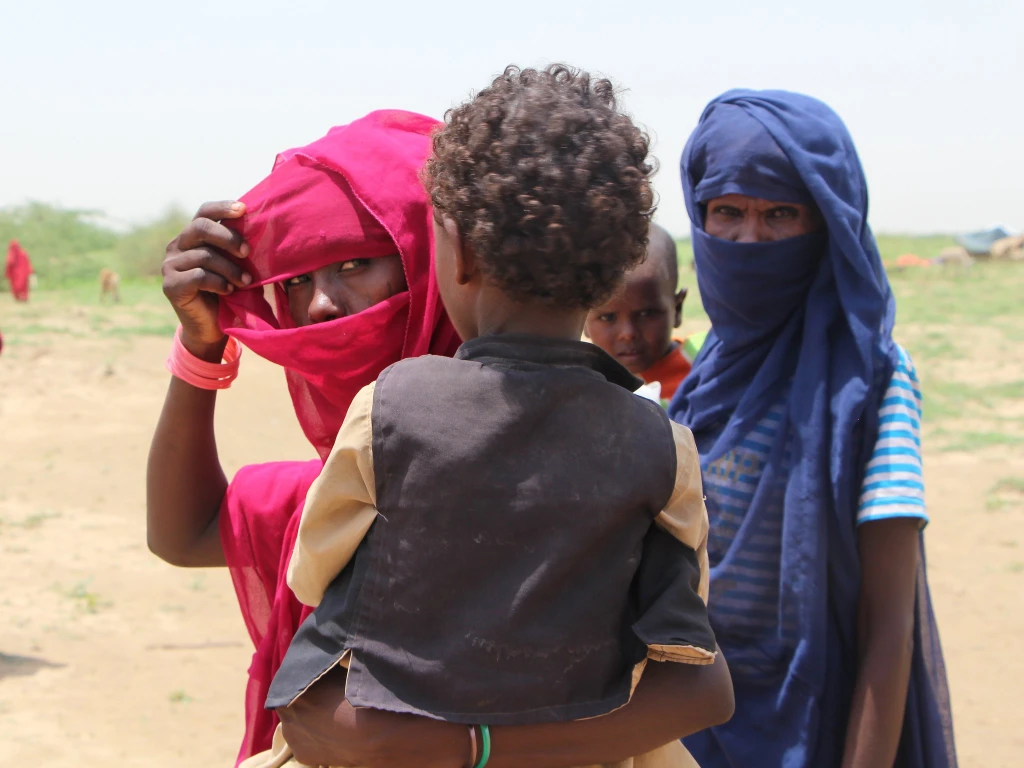As the question of a ceasefire in Gaza dominates our attention, there is another ceasefire negotiation in motion as warring sides in Sudan demonstrate a willingness to end the conflict.
Fighting between the army and the paramilitary Rapid Support Forces (RSF) has killed thousands, driven about 10 million people from their homes and sparked what the United Nations has called the “world’s worst hunger crisis.”
US-led talks to end Sudan’s brutal 15-month civil war – which pits the army against the RSF – began in Switzerland on Wednesday. But neither side showed up.
The US insisted the negotiation event continued regardless, saying “we are going to try to do everything we can to try to end this horrific crisis in Sudan.”
Building on the Jeddah Process, the conveners have invited RSF and SAF representatives to attend, with the UN, AU, Egypt and United Arab Emirates (UAE) as observers.
According to the Institute for Security Studies, another challenge is the lack of a clear and articulated African position in these talks. Responses from the African Union (AU) and East Africa’s Intergovernmental Authority on Development (IGAD) have been inadequate from the start. Coordination and implementation among the various African initiatives established to resolve the conflict have been limited.
It is hoped the discussions in Geneva will see an agreement on an end to the violence, broader humanitarian access, and a mechanism to monitor and ensure implementation.
Dashing hopes of a ceasefire, the army said it would not attend as the RSF had not implemented “what was agreed upon” in Saudi Arabia last year.
The paramilitary group had not met key conditions of the Jeddah Declaration, such as withdrawing its fighters from civilians’ houses and public facilities, the army said.
“Military operations will not stop without the withdrawal of every last militiaman from the cities and villages they have plundered and colonized,” said Sudanese armed forces chief Abdel Fattah al-Burhan.
Unfortunately, previous international efforts to bring an end to the war have failed.
The conflict has created the world’s largest humanitarian crisis. Tens of thousands of people have died, and more than 10 million people have been forced from their homes and over two million people have fled outside the borders of Sudan.
In addition, more than half Sudan’s population is facing acute hunger with famine officially declared in the Darfur region by the Integrated Food Security Phase Classification (IPC) Famine Review Committee (FRC) earlier this month. The famine has reached catastrophic levels not seen since the first decade of this century.
However, the FRC noted that “other areas of Sudan, both within Darfur and elsewhere, are potentially experiencing Famine, and will remain at risk of Famine as long as the conflict continues, and humanitarian access is denied for the provision of aid at the scale and urgency necessary.”
According to the World Food Programme, “a determination of famine means that people, including children, have already started dying of hunger and related conditions including malnutrition and infection. Unlike the Darfur crisis of twenty years ago, this conflict-fuelled hunger crisis spans the whole country including the capital Khartoum and Jazirah State, previously Sudan’s breadbasket.”
What this reveals is that the crisis in Sudan is far worse and far more severe than the crisis in Gaza where there is no famine and two million people have been internally displaced.
This is not to say the Palestinians in Gaza are not in dire need of assistance and aid, or that the war there must end as soon as possible.
Simply based on the data by humanitarian organizations and the UN, Sudan needs more focus and attention than it has received until today. The headlines in the media concentrate more heavily on Gaza than Sudan when the reality necessitates the opposite.
